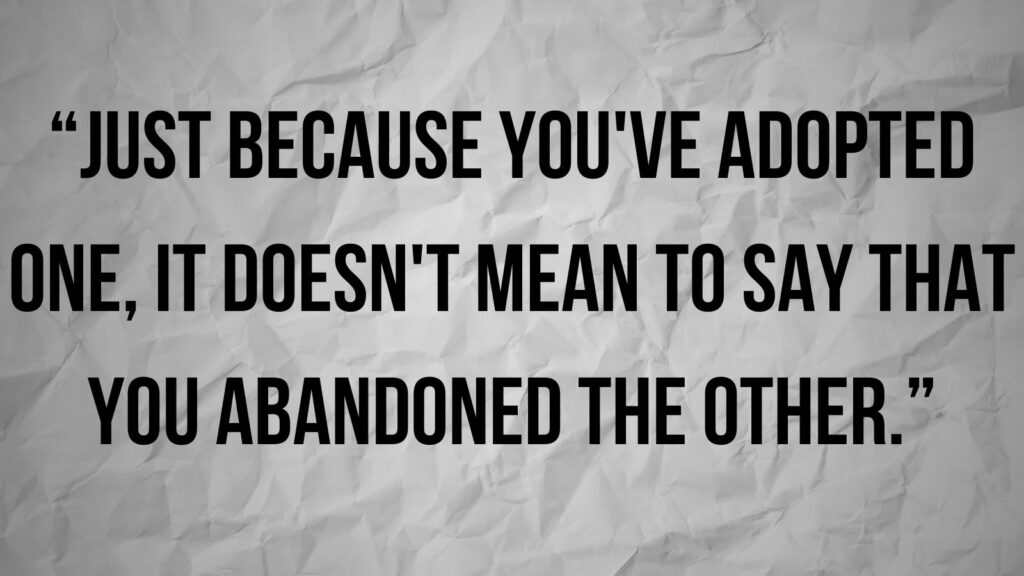Well-known for his work in the progressive rock era of Genesis, guitar legend Steve Hackett reflected on Bob Dylan’s decision to shift to an electric band setting back in the mid-1960s.
The thing with Dylan back in the day is that he built his name as a folk artist. And to this day, we remember him as the ultimate singer-songwriter kind of guy, performing on his own with nothing but an acoustic guitar and singing socially- and politically-conscious lyrics. However, him going electric for the first time back in the summer of 1965 sparked an outrage among folk fans.
But as Steve Hackett weighed in, there’s absolutely nothing wrong with electric Dylan. Speaking to Phil Aston of the Now Spinning Magazine, Hackett reflected on how Bob Dylan’s works impacted him, particularly the “Highway 61 Revisited” record. And recalling this era, the guitarist pointed out how he loved this unexpected shift that was considered controversial at the time.
“A very interesting era when Bob went electric, as it were, and angered all the folk purists,” Hackett explained (transcribed by Killer Guitar Rigs). As he pointed out, all of his eras periods are worth your time. The guitarist continued:
“But it seems to me that Dylan is interesting in all his eras, and just because you’ve adopted one, it doesn’t mean to say that you abandoned the other.”
And that’s when he realized that the fusion of these seemingly different worlds can work perfectly together, adding:
“So I’ve always had this idea that, okay, you can have rock, you can have thunder, but then you can also have delicate things too. You can have acoustic guitars, whether they’re steel or nylon — it depends on who you listen to.”

During the same interview, Steve also pointed out how, although practically based on the same principles, nylon-string guitars and electric guitars are completely different beasts and convey entirely different emotions. So much so that he compared electric guitars to “screaming children.” As he explained:
“We think of the electric guitar as a delinquent instrument that does all the things that are opposite to a nylon [guitar]. Nylon seems to be all about resolve — that’s the way it’s used on the album — but electric is angst-ridden, and it’s still that screaming child trying to justify its existence in the world.”
During his Genesis days, a completely other category of guitars also made their way into the prog rock band’s works. 12-string is an entirely different thing as well, adding a whole other dimension to any subgenre of rock music.
“The 12-string guitar set the tone for so much of when Genesis called things ‘guitar-based,'” Hackett also recalled during the interview. And as he added, the term “guitar-based” can have completely different meanings, explaining:
“I always thought of guitar-based songs as screaming loud bluesy stuff. A guitar-based song for Genesis was invariably 12-string — either an acoustic or electric Rickenbacker or one of the many that we seem to possess between all of us.”
To add more texture to their music, the bands back in the day also used other things, like bass pedals, namely the Moog Taurus. These were floor-based foot-controlled keyboards with 13 or 18 keys, allowing musicians to add a fuller sound without having an additional musician on the stage or in the back of the stage.
“And in those days, there were bass pedals prior to the arrival of Taurus bass pedals,” Hackett added, “with their kind of brassy, almost overdriven sound. There were Vox bass pedals.”
“I remember Mike Rutherford used to put through a fuzzbox sometimes,” he said. “So it was always heading towards the sound that was eventually of Taurus pedals. And Taurus, of course, tried to emulate the sound of the low end of a Moog since analog days.”
Speaking of Genesis, during an interview with Ultimate Guitar late last year, Steve also recalled how there were tough aspects of working in the group, saying:
“By the time it was ‘The Lamb Lies Down On Broadway’ – Peter’s final album with Genesis – the band was beginning to fragment into factions. It was obvious Peter wasn’t going to stay.”
“There seemed to be a competition between Peter and Tony [Banks] – to see how much audio space they could fill. And it means you’ve got very busy, crowded virtuosic keyboard work and very busy narrative-driven lyrics from Peter.”
“And these two paths seemed to be at loggerheads to a large degree. It became more difficult to define what the other instruments can do – because there was less ‘breathing space,’ as a result of this.”
Photos: Clender (Steve Hackett – Parker Playhouse – 13662640565), Alberto Cabello (Bob Dylan – Azkena Rock Festival 2010 1)


